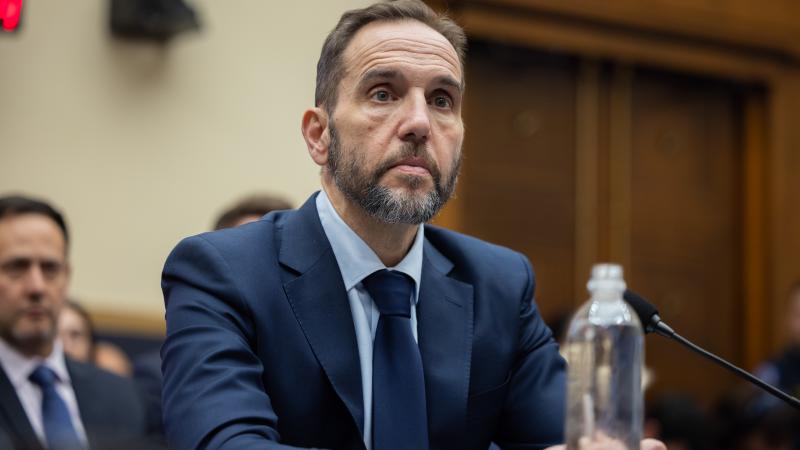No urgency to move Senate-passed bill to make daylight saving permanent: House majority leader
Referring to parents who say it's tough to get children up and ready for school after changing the clocks, Rep. Steny Hoyer (D-Md.) recalled that his "experience as a parent" was that "it was difficult to get the kids up no matter what the hour was."
The fate of a Senate-passed bill to make daylight saving permanent and eliminate twice-annual clock-changing is unclear at this time.
The Democrat-led 50-50 U.S. Senate passed the Sunshine Protection Act unanimously in a voice vote on Tuesday to make daylight saving time permanent beginning in 2023, which would do away with the need to reset clocks twice each year.
Sen. Marco Rubio (R-Fla.), who sponsored the bill with Sen. Sheldon Whitehouse (D-R.I.), said switching the clocks twice per year is related to "an increase in heart attacks, car accidents and pedestrian accidents."
Some recent polls have found that the majority of American adults support making daylight saving time permanent. Other polls have revealed that adults under 30 years of age are divided on the issue.
"Adults under the age of 30 are closely divided on whether they want sunlight later into evening (which happens with Daylight Saving Time) or in the morning," according to poll results from November 2021. "Older adults have a clear preference for Daylight Saving Time."
According to Washingtonian Magazine, the U.S. attempted to make daylight saving time permanent in the 1970s, but it didn't go well.
House Majority Leader Steny Hoyer, who sets the legislative calendar for the chamber, was asked if he plans to bring the bill up for a vote.
"I'm amused by how much interest there is in this bill of daylight savings time," Hoyer said with a laugh.
"Everybody seems to be very concerned about this, and I understand that there could be some urgency to it, but it's not like something's going to happen. We're going to have daylight savings time at least until November, I guess. So it's not like if we don't act today, we'll either lose an hour or gain an hour tomorrow. It's not going to happen."
The Maryland Democrat said he has heard parents say it's tough to get their children up and ready for school after changing the clocks.
"My experience as a parent, which is, by the way, a long time ago I suppose, it was difficult to get the kids up no matter what the hour was," he said. "I'm sure some of you experience the same."
















